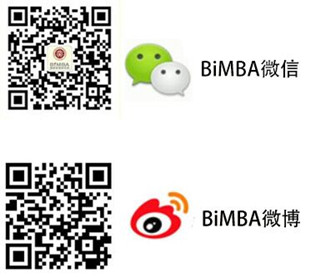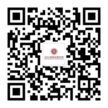马京晶老师的学术论文被国际期刊journal of consumer psychology(消费者心理学期刊)正式接受
相关附件:
北京大学国家发展研究院市场营销学助理教授马京晶的文章“when seeking the best brings out the worst in consumers: understanding the relationship between a maximizing mindset and immoral behavior(当消费者寻求最佳时带来最糟的情境:理解最优化思维模式与不道德行为之间的关系)”被营销领域国际刊物journal of consumer psychology 正式接受。马京晶老师于2015年在美国西北大学凯洛格商学院市场营销系获取博士学位,2015年7月加入北京大学国家发展研究院。她的主要研究领域是消费者决策与判断,消费者网上购物与眼动分析, 消费者大数据分析。
abstract: consumers often adopt a goal to choose “the best” option: be it the best value for their money, the product with the highest quality, or the product that offers the best match to their idiosyncratic preferences. prior work has characterized this orientation as a “maximizing mindset,” and has demonstrated that the adoption of a maximizing mindset can lead to both positive and negative consequences for the self. however, to date, little is known about if a maximizing mindset might have consequences beyond the self (i.e., for others and/or society). the current article addresses this gap by demonstrating that consumers who adopt a maximizing mindset (vs. a neutral mindset) are subsequently more likely to engage in immoral behaviors. further, we demonstrate that this effect occurs because a maximizing mindset activates cognitions related to scarcity. in doing so, the current research offers a more nuanced understanding of the psychological and behavioral consequences of a maximizing mindset, and identifies a maximizing mindset as an antecedent to cognitions related to scarcity and immoral behaviors.
题目中文翻译:当消费者寻求最佳时带来最糟的情境:理解最优化思维模式与不道德行为之间的关系
摘要中文翻译:消费者通常的目标是做“最好”的选择:这个目标可以是选择最物超所值的产品,也可以是选择最高质量的产品,还可以是选择最匹配消费者特殊偏好的产品。过往的研究把这种倾向描述为“最优化思维模式”,并且研究表明,采用最优化思维将同时给自身带来积极的和消极的双重后果。然而,到目前为止,人们对于最优化思维模式是否可能会对自身以外(如:对他人和/或社会)产生影响知之甚少。本文通过揭示采用最优化思维(相对于中性思维)的消费者随后更可能参与不道德行为的现象弥补了这一研究的缺失。此外,我们论证了这种效应的发生是因为最优化思维模式激活了与稀缺性相关的认知。基于此,本研究为最优化思维模式带来的心理和行为的后果提供了更细致入微的认识,并明确了最优化思维模式是与稀缺性和不道德行为相关认知的前提。

马京晶老师



